The Best of LessWrong
For the years 2018, 2019 and 2020 we also published physical books with the results of our annual vote, which you can buy and learn more about here.
Rationality
















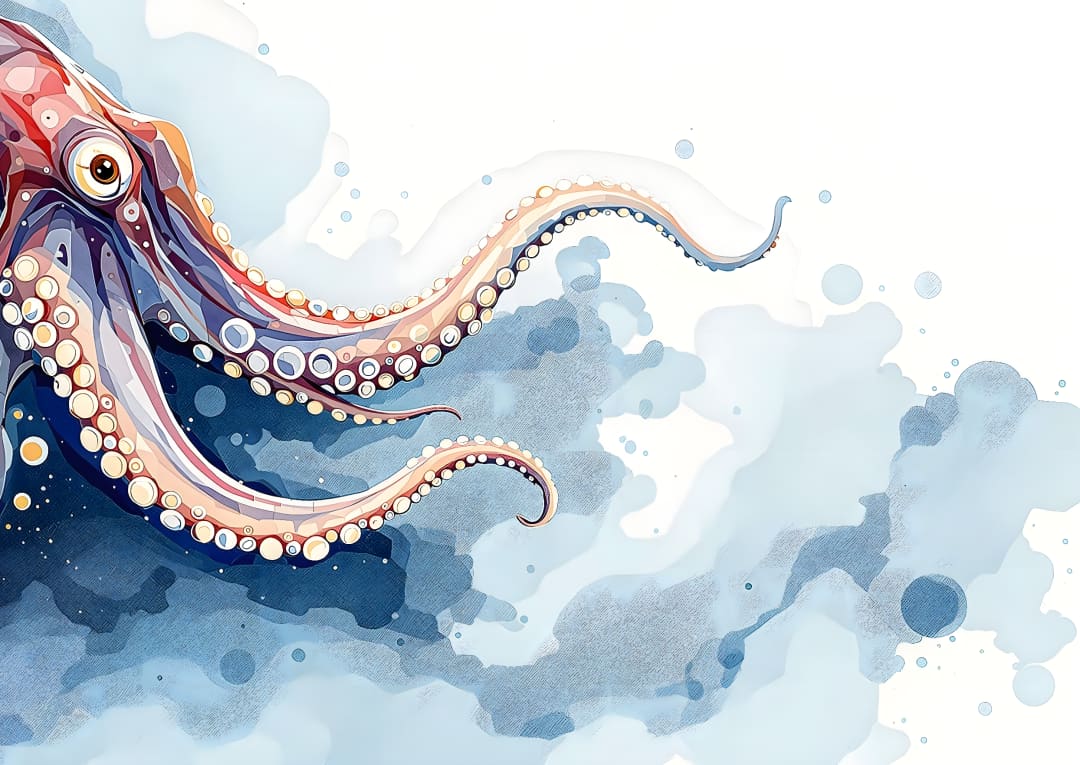































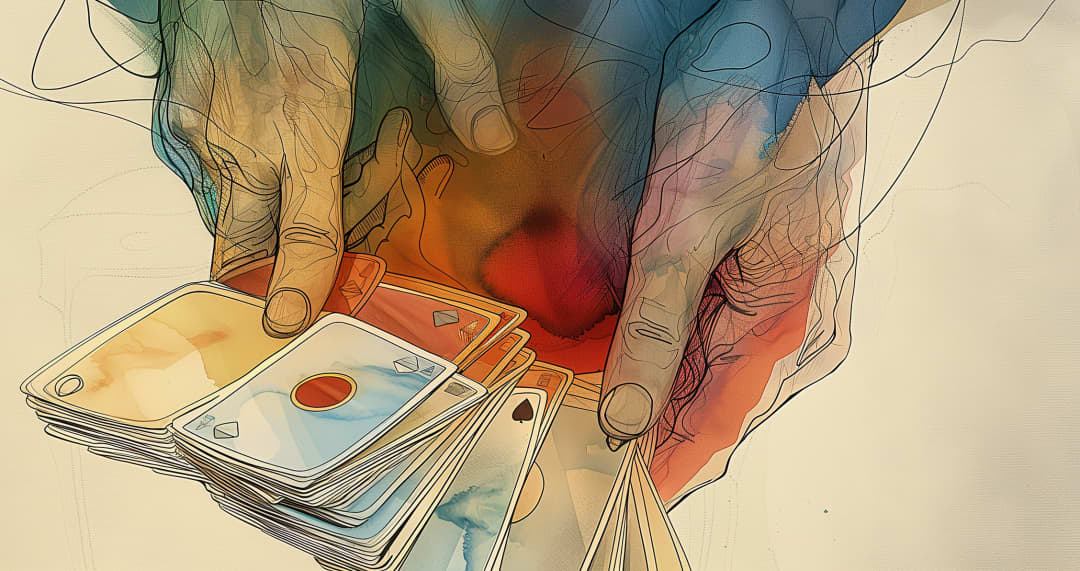























































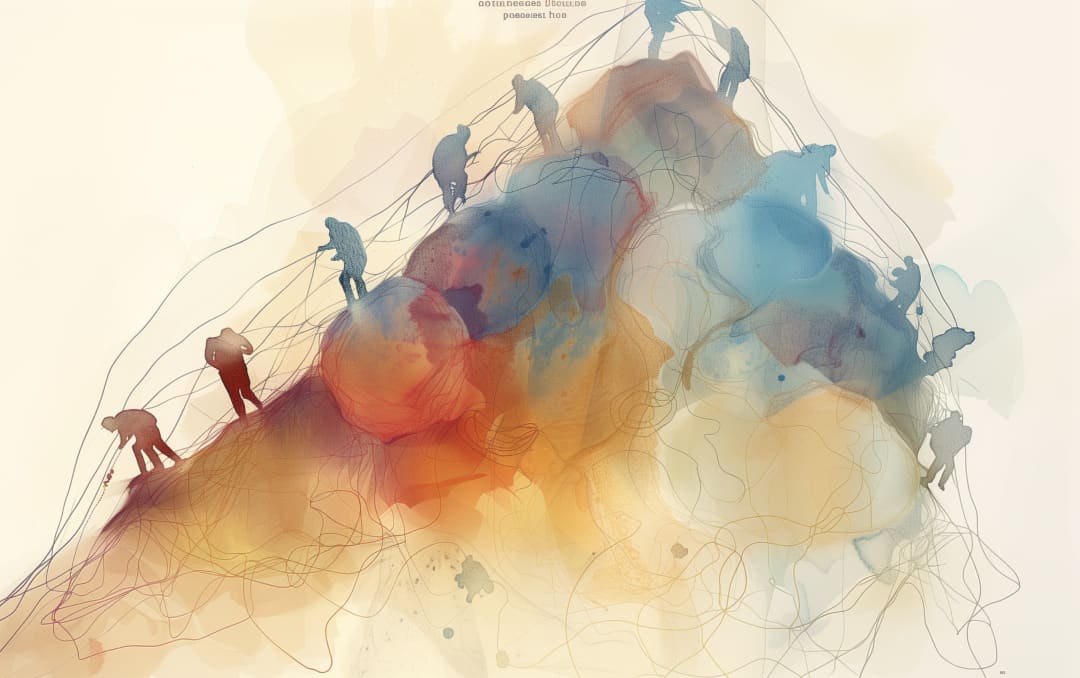







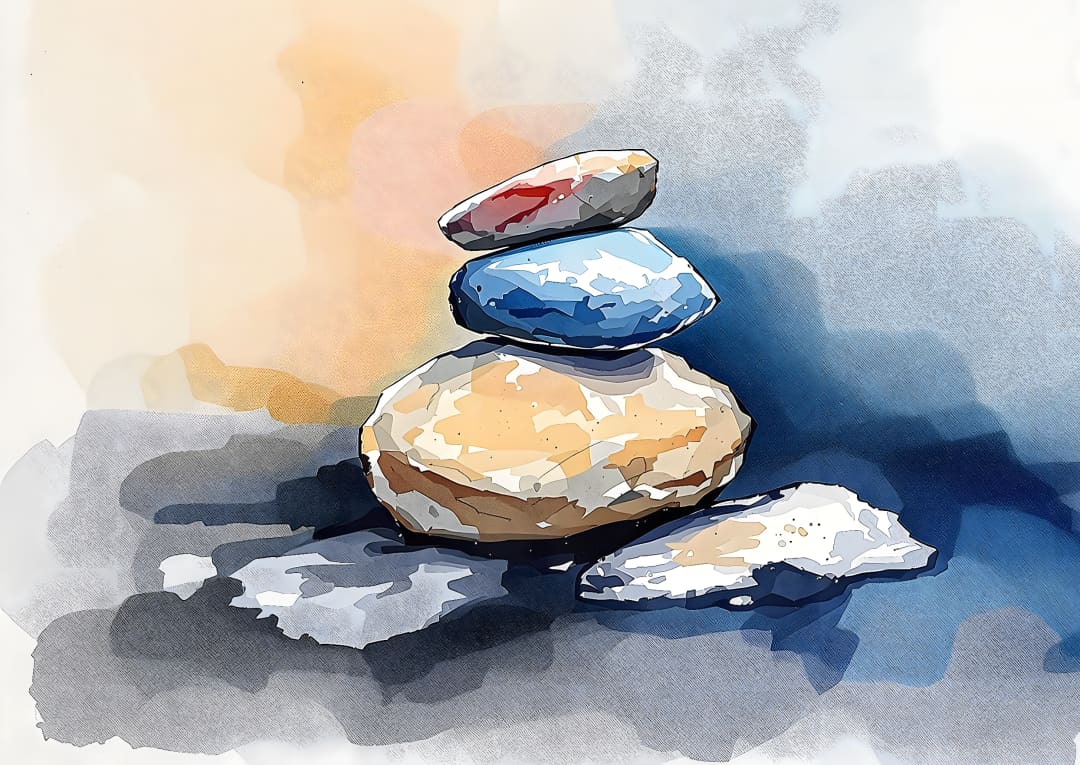







































































































































Optimization
















































/h4ajljqfx5ytt6bca7tv)
/h4ajljqfx5ytt6bca7tv)
/h4ajljqfx5ytt6bca7tv)
/h4ajljqfx5ytt6bca7tv)












































































































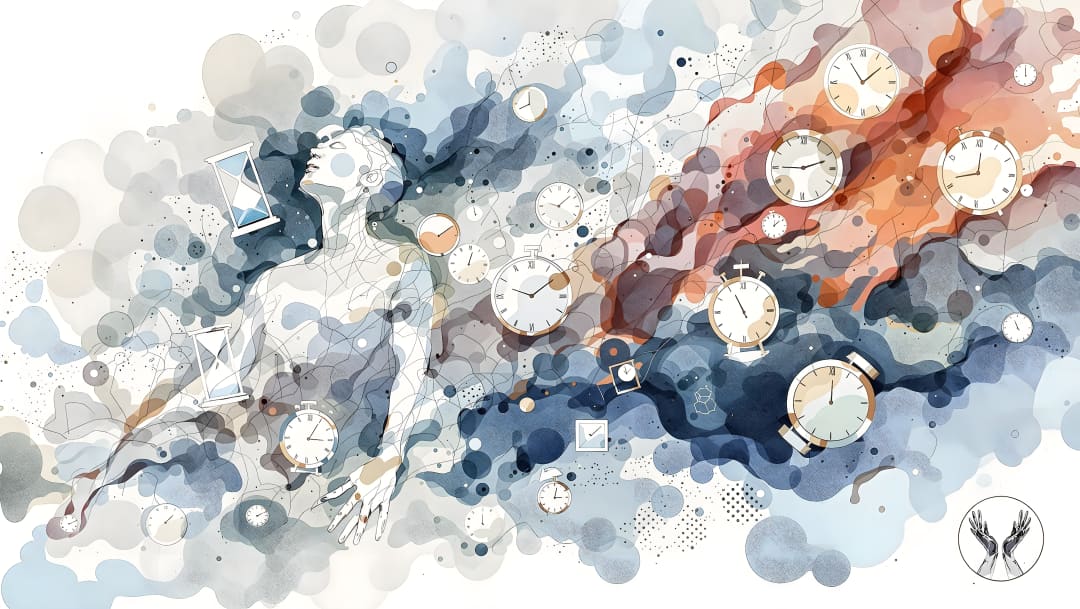















World




























































































































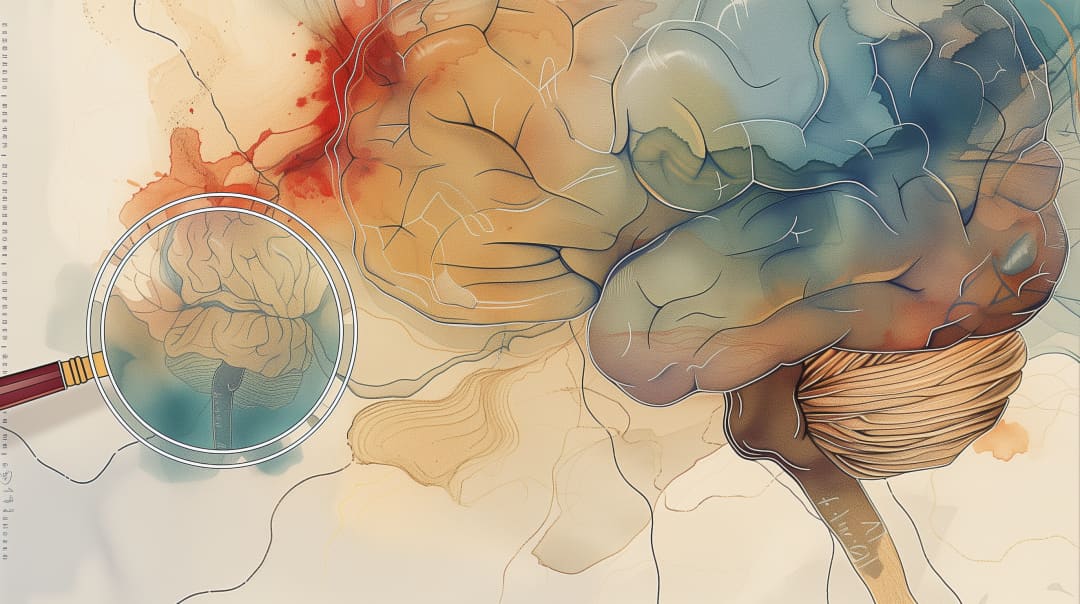



























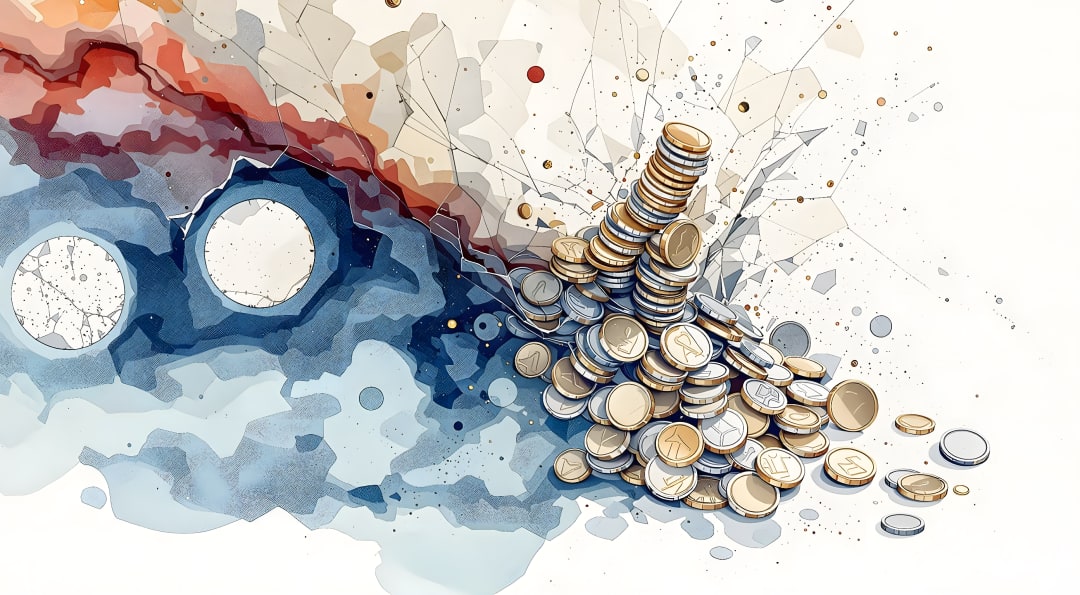



























Practical




















































































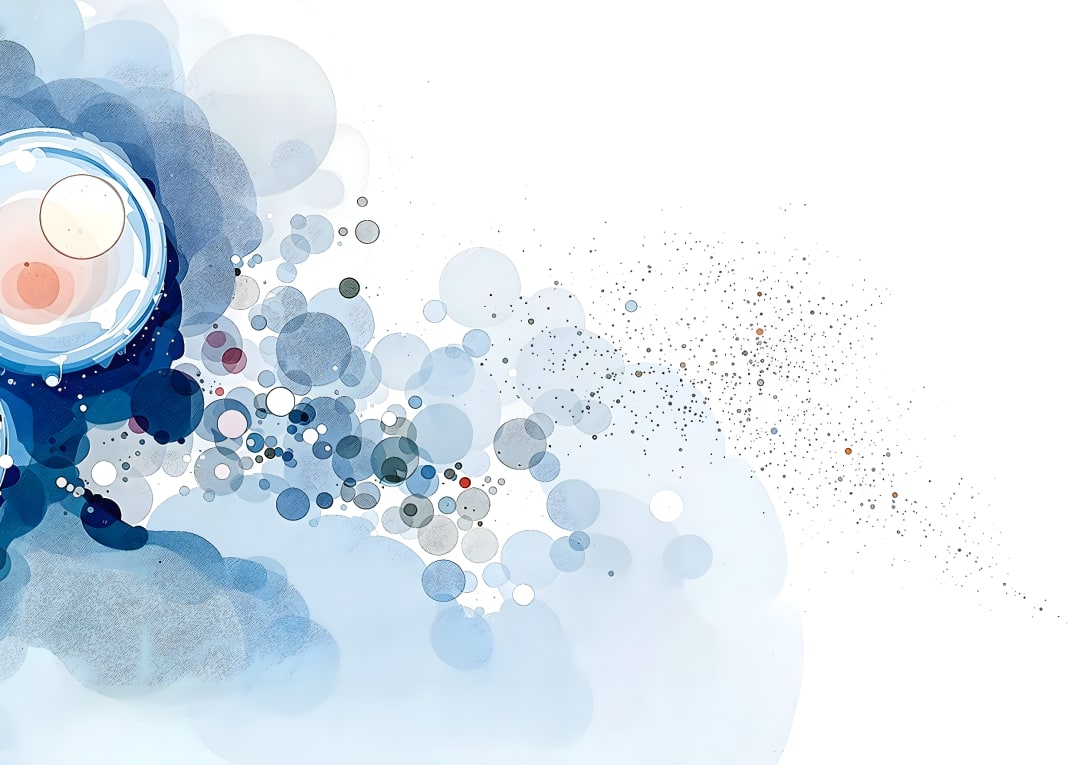















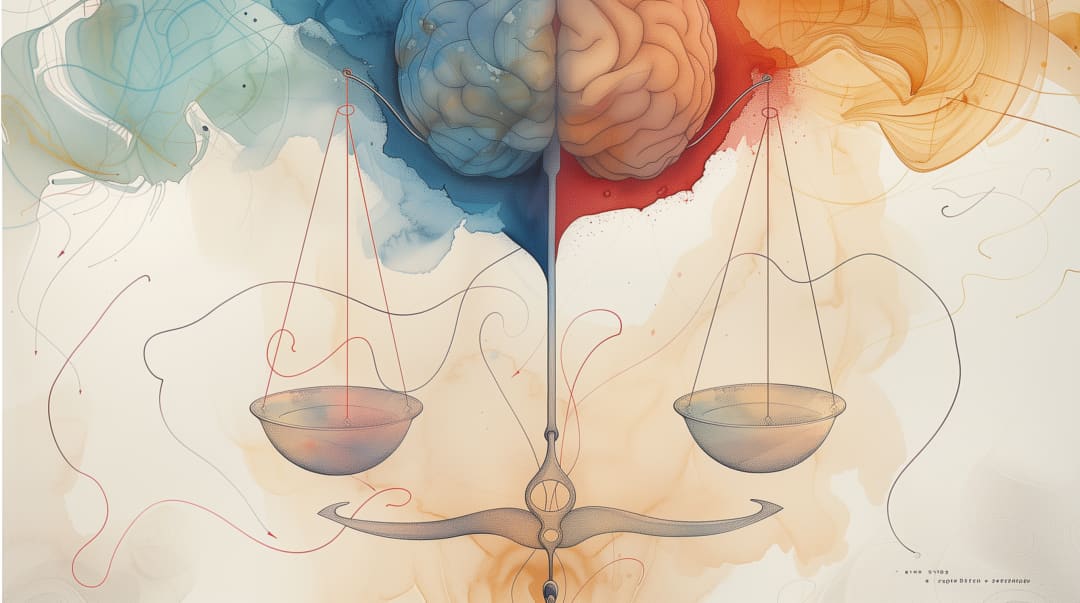































AI Strategy




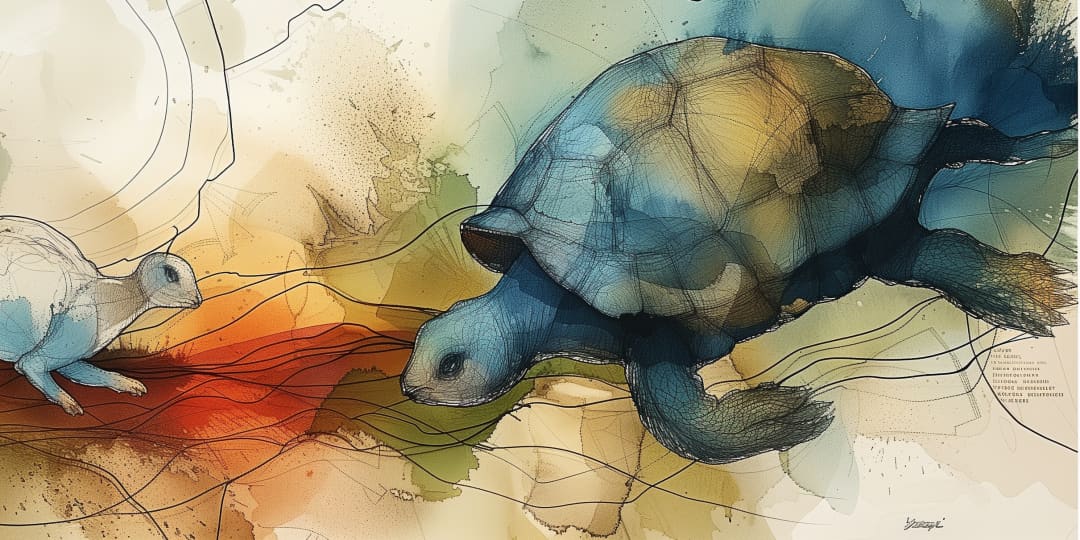















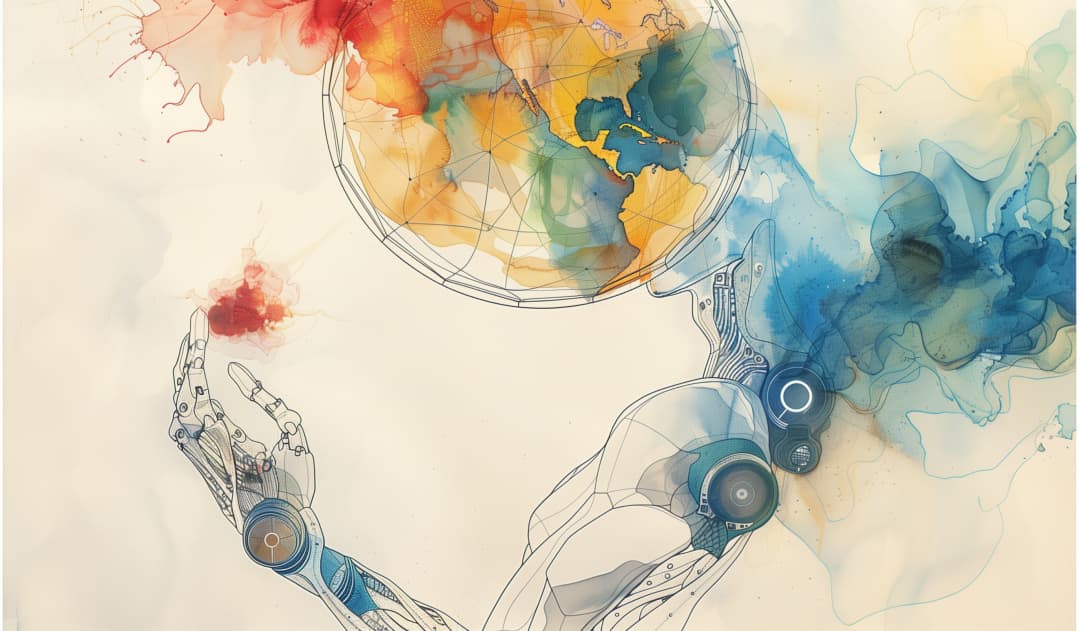











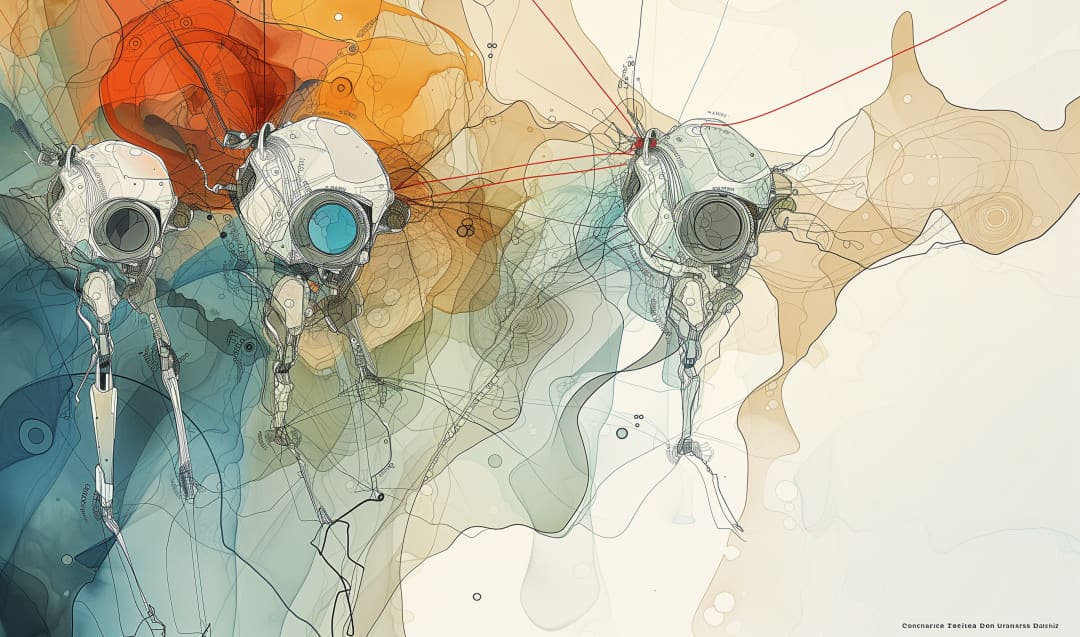























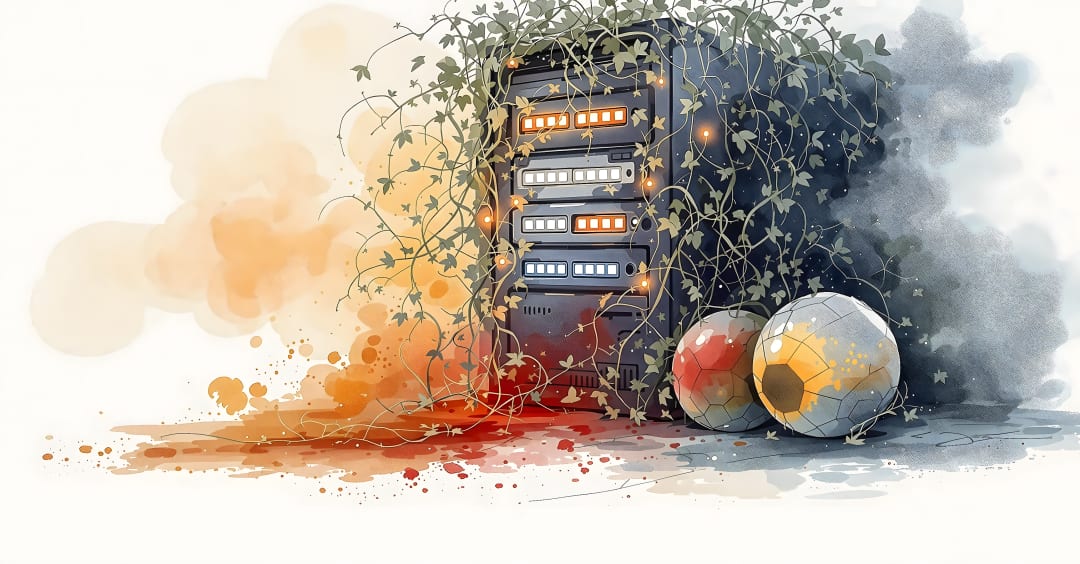











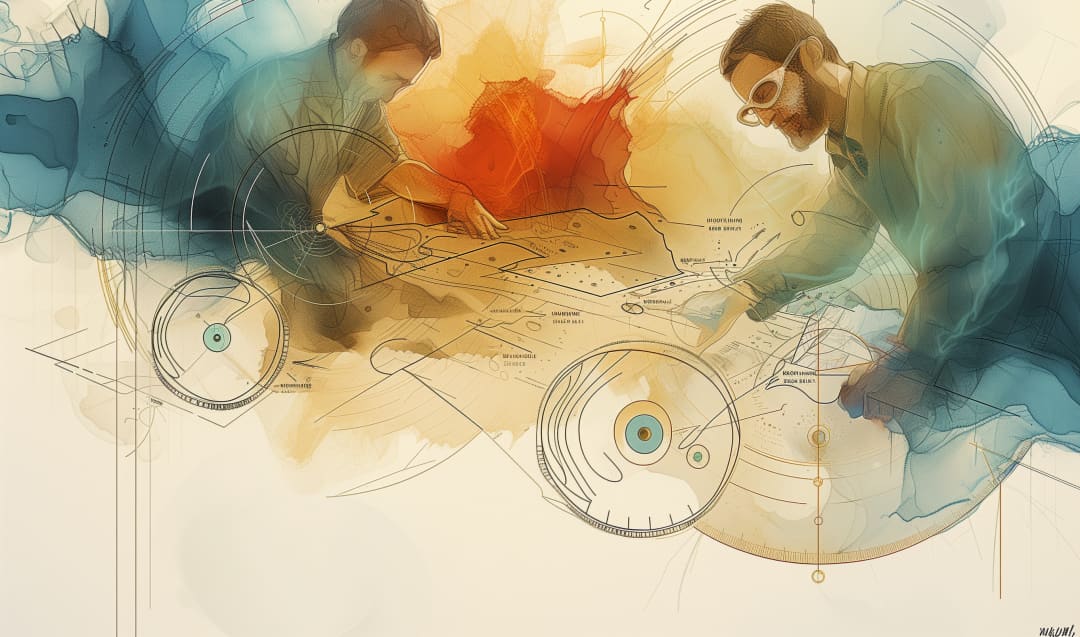







































































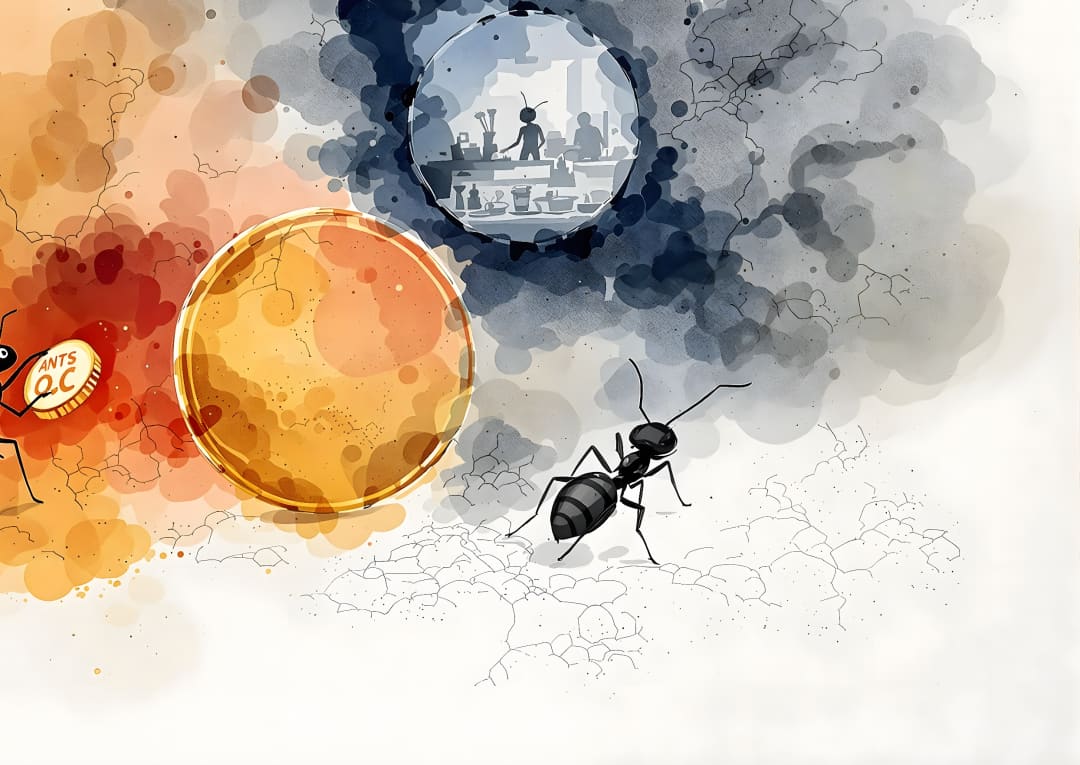



Technical AI Safety
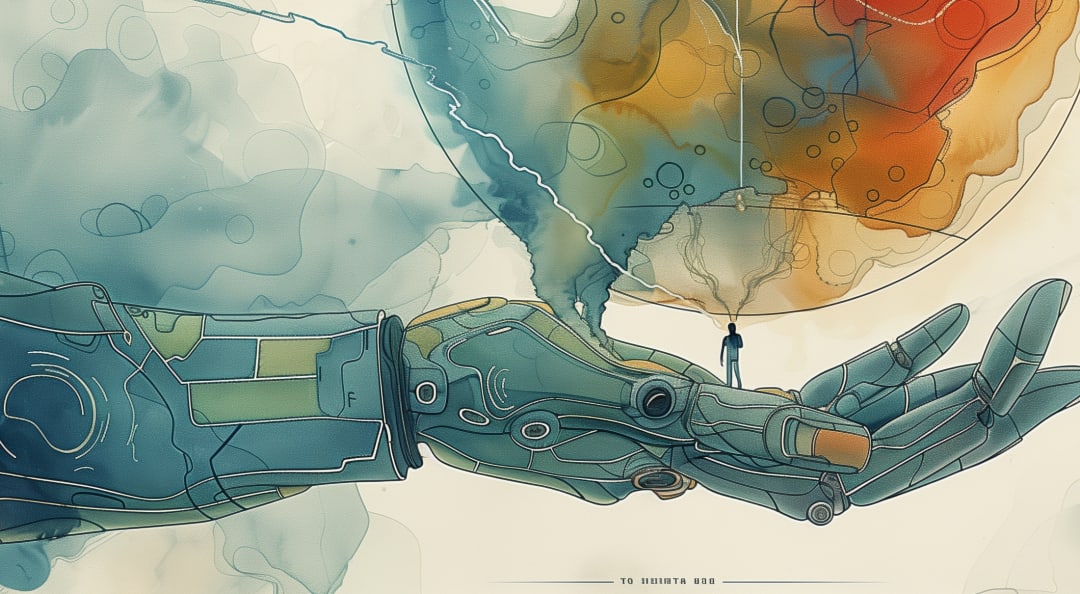







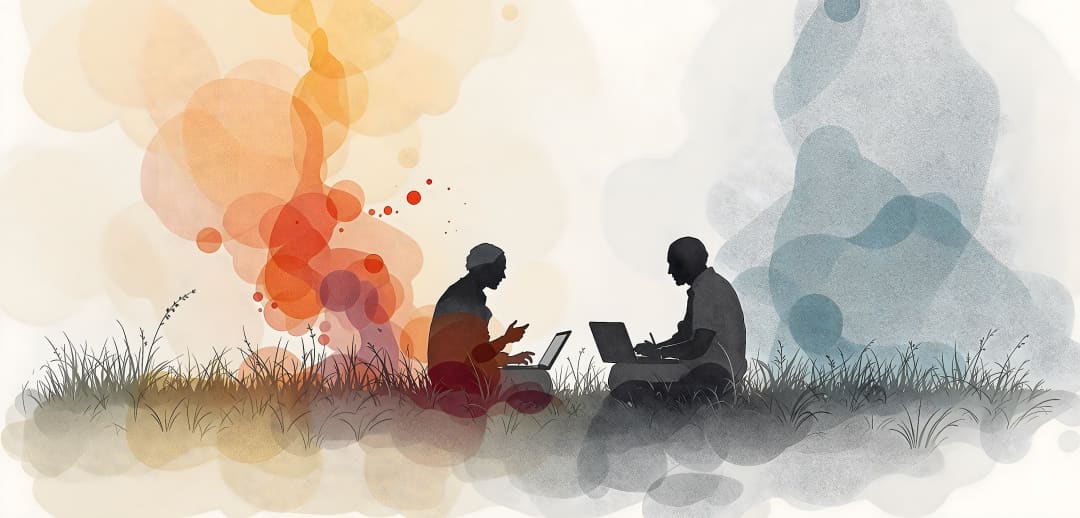



































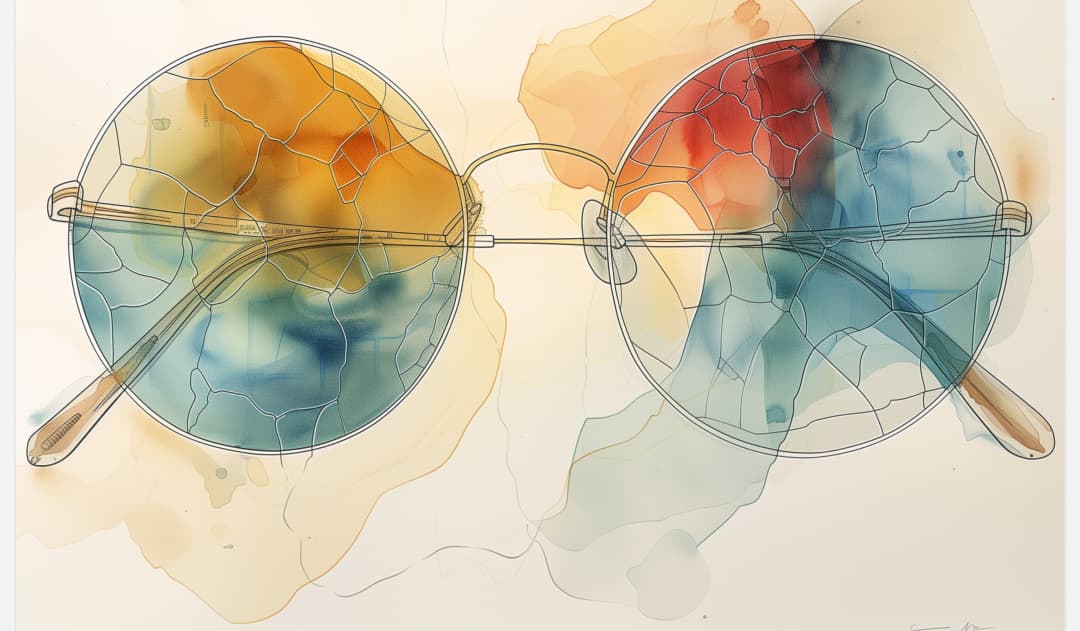











%20and%20a%20black%20box%20which%20no%20one%20understands%20but%20works%20perfectly%20(representing%20search)/yf2xrrlv4rqga5h8lolh)
%20and%20a%20black%20box%20which%20no%20one%20understands%20but%20works%20perfectly%20(representing%20search)/yf2xrrlv4rqga5h8lolh)
%20and%20a%20black%20box%20which%20no%20one%20understands%20but%20works%20perfectly%20(representing%20search)/yf2xrrlv4rqga5h8lolh)
%20and%20a%20black%20box%20which%20no%20one%20understands%20but%20works%20perfectly%20(representing%20search)/yf2xrrlv4rqga5h8lolh)




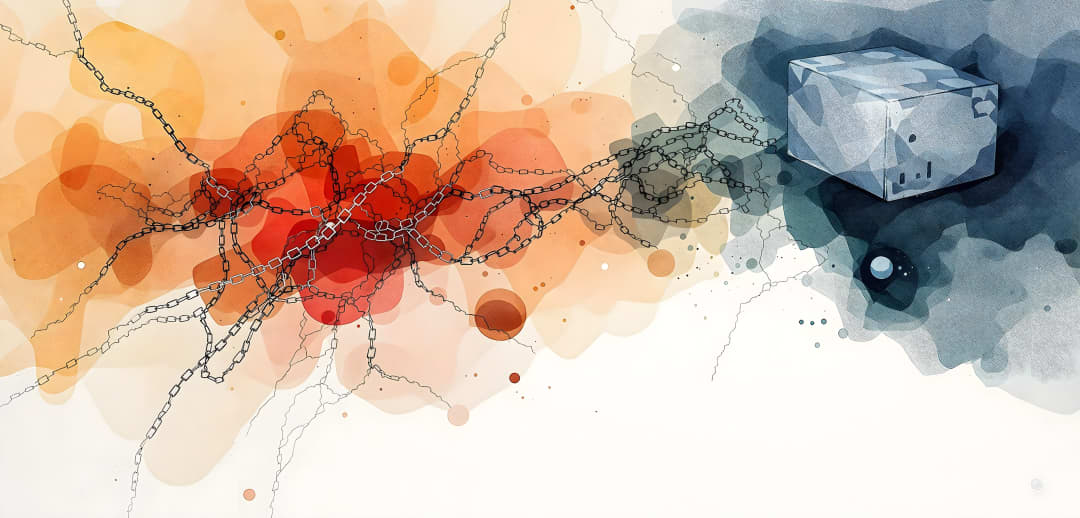



























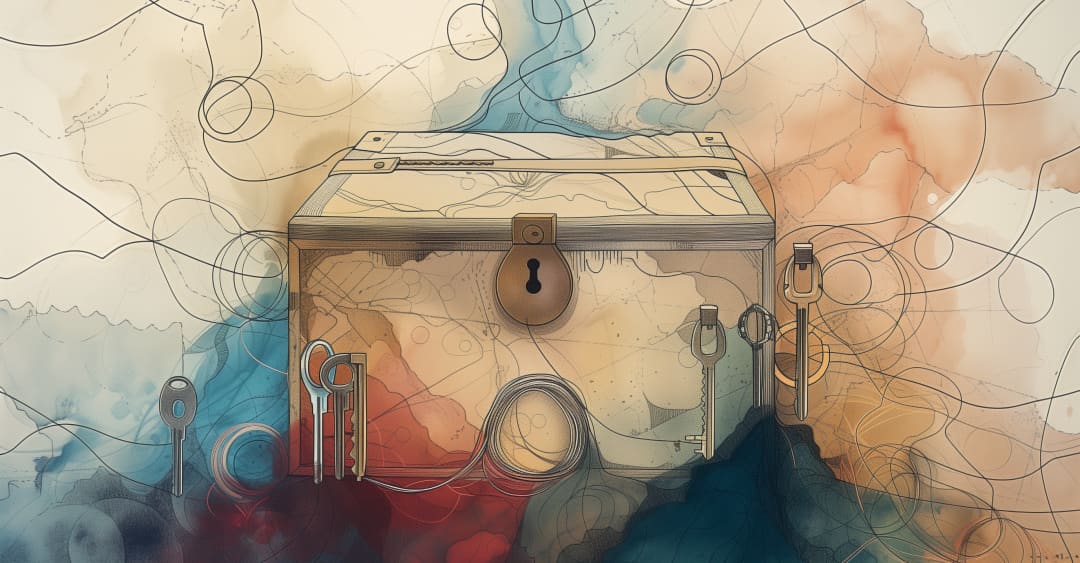



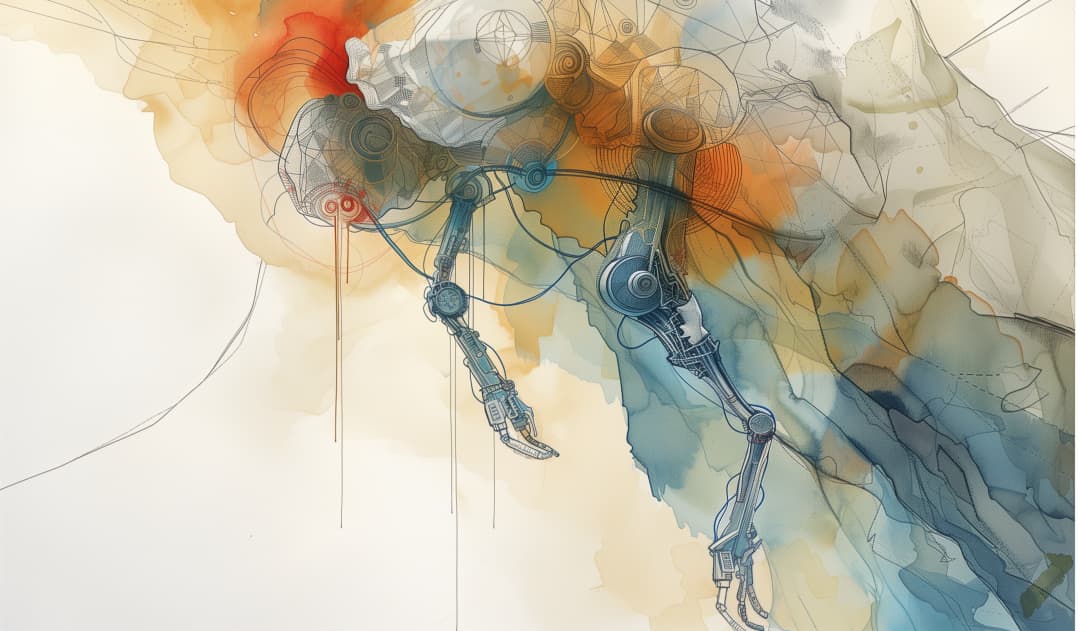































































































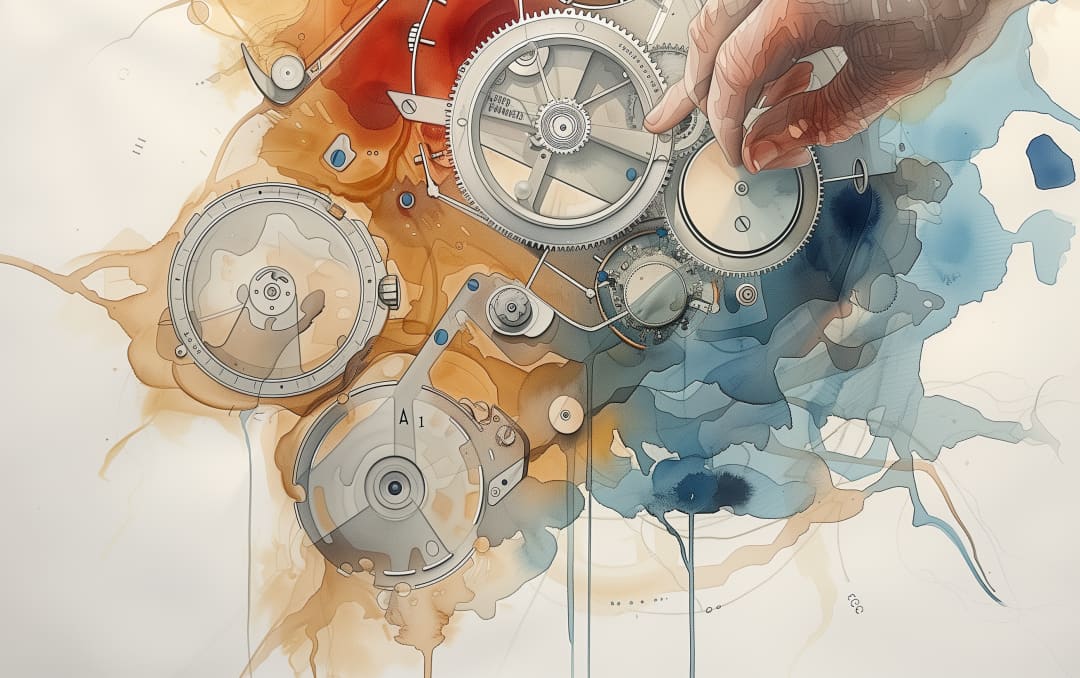



















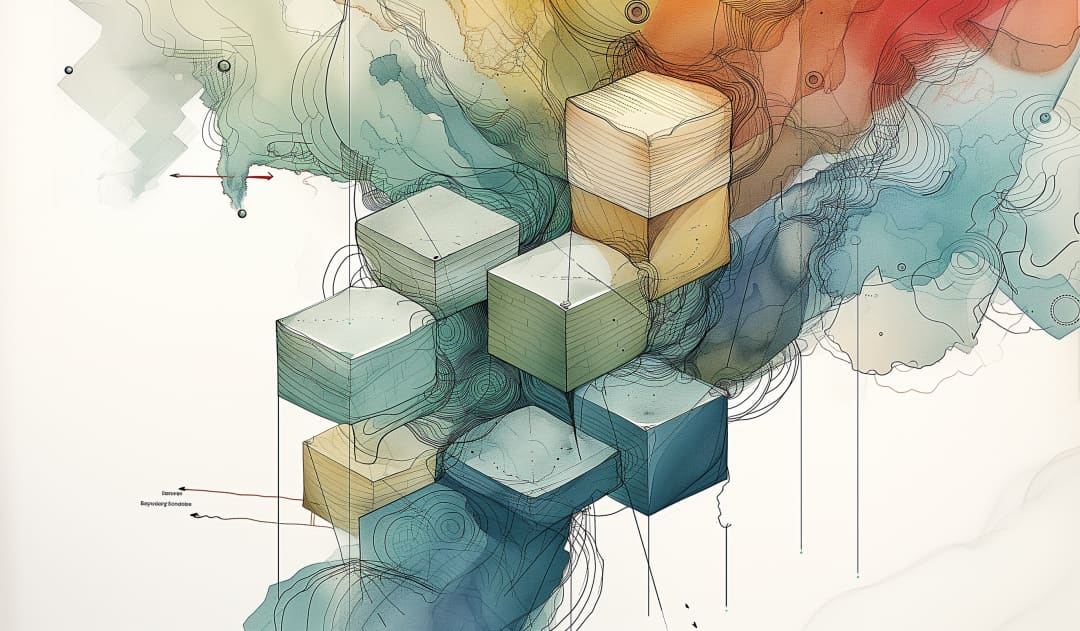











































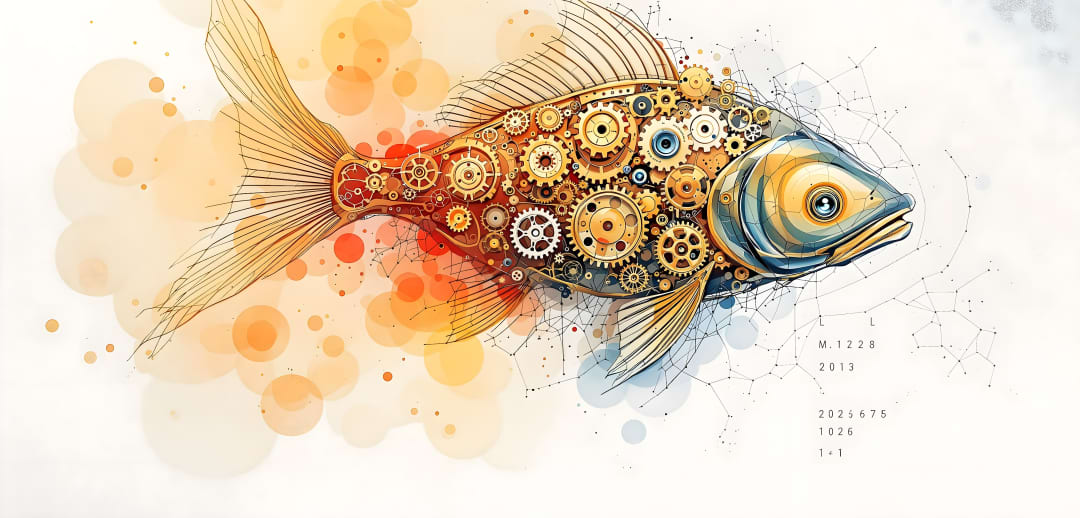



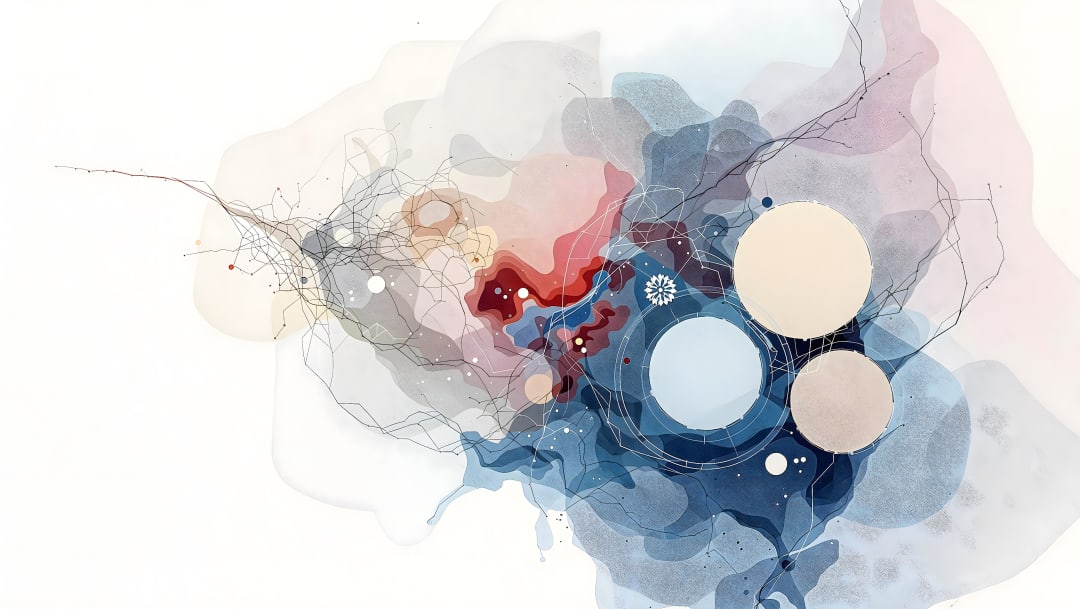











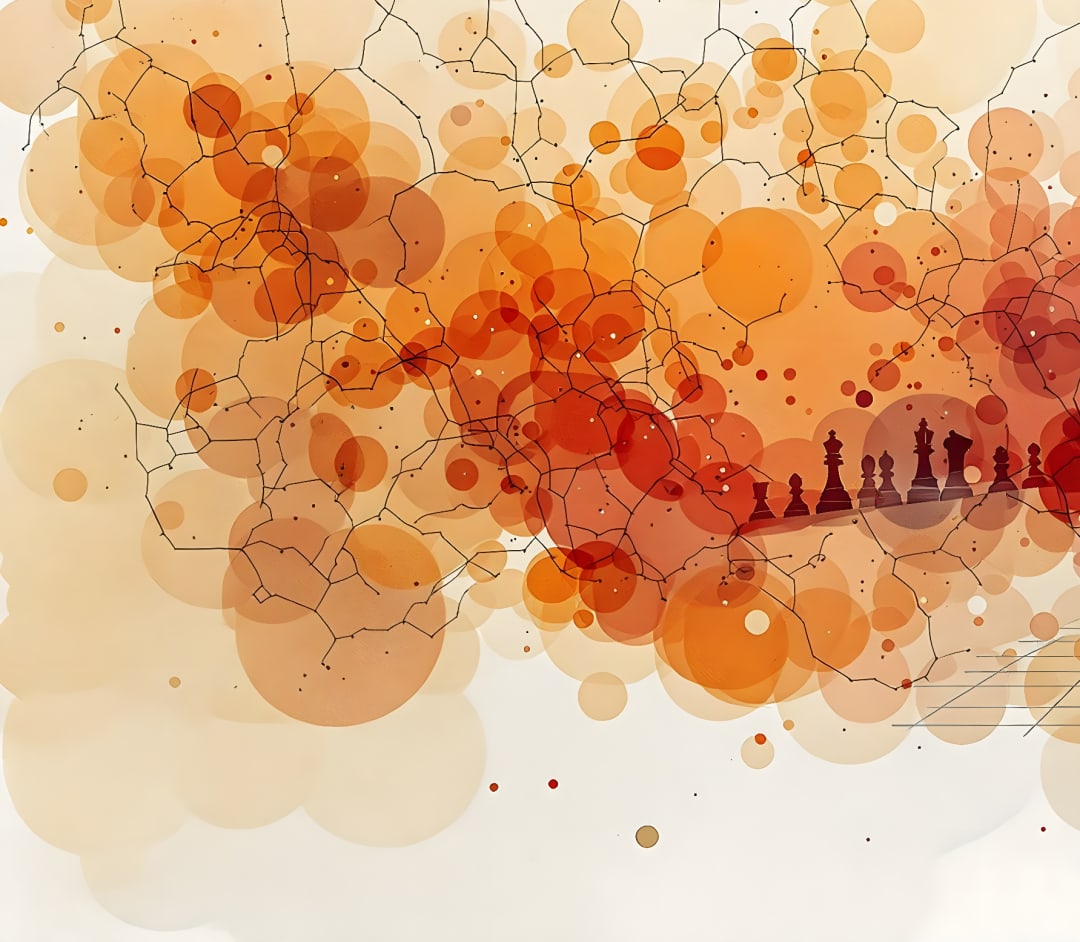



























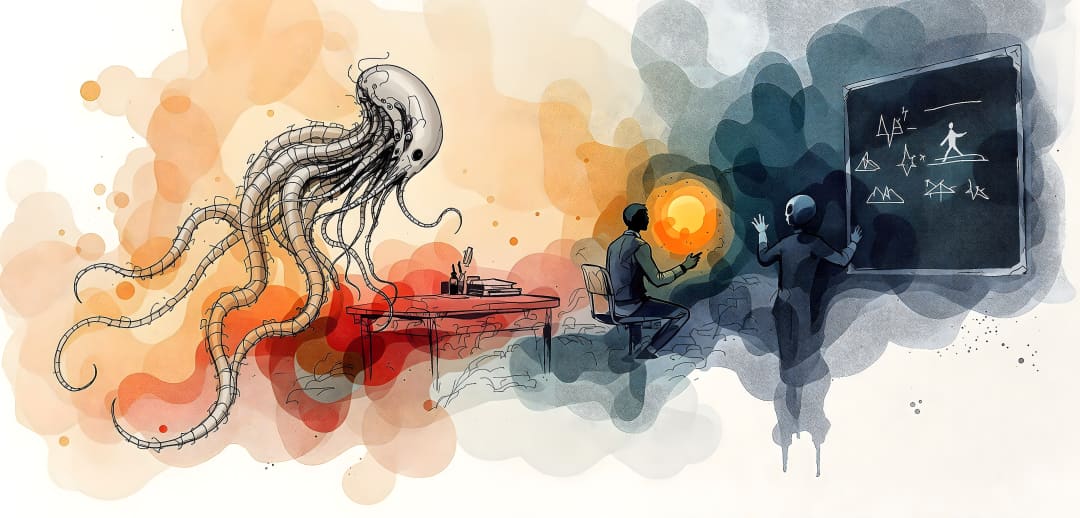



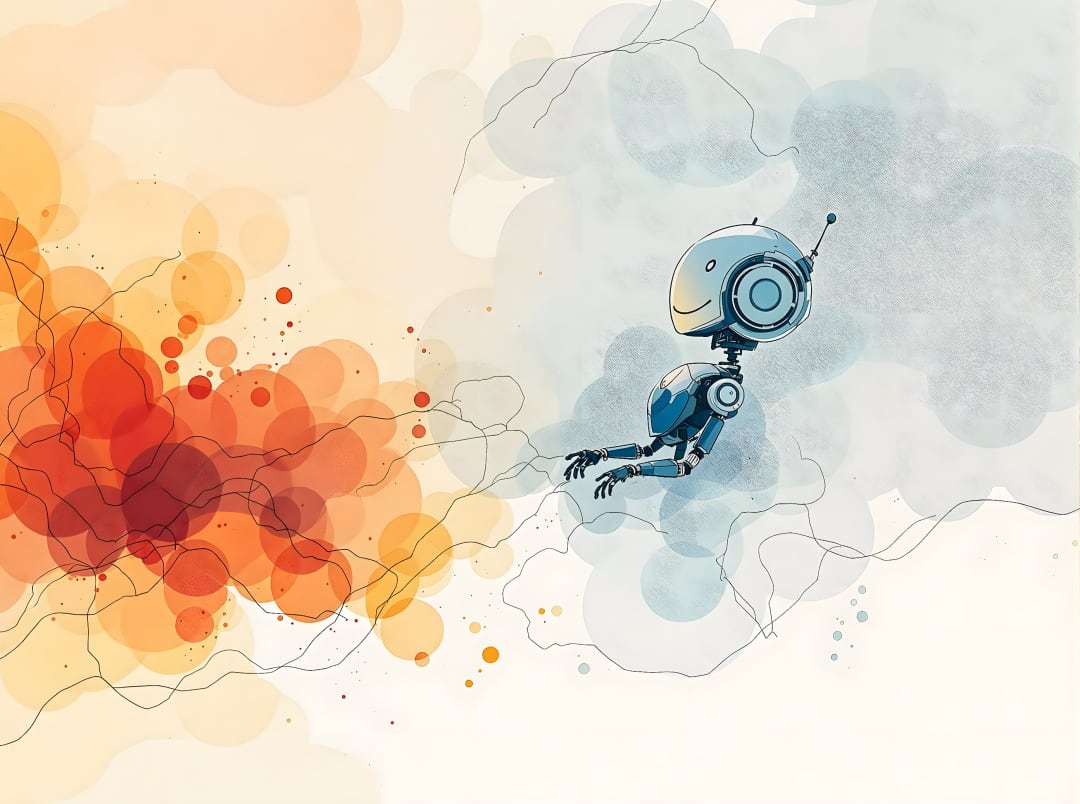











































































































































































































































































































/h4ajljqfx5ytt6bca7tv)
/h4ajljqfx5ytt6bca7tv)
/h4ajljqfx5ytt6bca7tv)
/h4ajljqfx5ytt6bca7tv)




























































































































































































































































































































































































































































































































































































































































%20and%20a%20black%20box%20which%20no%20one%20understands%20but%20works%20perfectly%20(representing%20search)/yf2xrrlv4rqga5h8lolh)
%20and%20a%20black%20box%20which%20no%20one%20understands%20but%20works%20perfectly%20(representing%20search)/yf2xrrlv4rqga5h8lolh)
%20and%20a%20black%20box%20which%20no%20one%20understands%20but%20works%20perfectly%20(representing%20search)/yf2xrrlv4rqga5h8lolh)
%20and%20a%20black%20box%20which%20no%20one%20understands%20but%20works%20perfectly%20(representing%20search)/yf2xrrlv4rqga5h8lolh)
























































































































































































































































Anna Salamon argues that "PR" is a corrupt concept that can lead to harmful and confused actions, while safeguarding one's "reputation" or "honor" is generally fine. PR involves modeling what might upset people and avoiding it, while reputation is about adhering to fixed standards.

When negotiating prices for goods/services, Eliezer suggests asking for the other person's "Cheerful Price" - the price that would make them feel genuinely happy and enthusiastic about the transaction, rather than just grudgingly willing. This avoids social capital costs and ensures both parties feel good about the exchange.

How much COVID risk do you take when you go to the grocery store? When you see a friend outdoors? This calculator helps you estimate your risk from common activities in microcovids - units of 1-in-a-million chance of getting COVID.

Pain is often treated as a measure of effort. "No pain, no gain". But this attitude can be toxic and counterproductive. alkjash argues that if something hurts, you're probably doing it wrong, and that you're not trying your best if you're not happy.

Ben observes that all favorite people are great at a skill he's labeled in my head as "staring into the abyss" – thinking reasonably about things that are uncomfortable to contemplate, like arguments against your religious beliefs, or in favor of breaking up with your partner.

orthonormal reflects that different people experience different social fears. He guesses that the strongest fear for a person (an "alarm" in their head) is usually broken. So the people who are most selfless end up that way because uncalibrated fear they're being too selfish, the most loud are that because of the fear of not being heard, etc.

When it comes to coordinating people around a goal, you don't get limitless communication bandwidth for conveying arbitrarily nuanced messages. Instead, the "amount of words" you get to communicate depends on how many people you're trying to coordinate. Once you have enough people....you don't get many words.

There's a trick to writing quickly, while maintaining epistemic rigor: stop trying to justify your beliefs. Don't go looking for citations to back your claim. Instead, think about why you currently believe this thing, and try to accurately describe what led you to believe it.

Elizabeth Van Nostrand spent literal decades seeing doctors about digestive problems that made her life miserable. She tried everything and nothing worked, until one day a doctor prescribed 5 different random supplements without thinking too hard about it and one of them miraculously cured her. This has led her to believe that sometimes you need to optimize for luck rather than scientific knowledge when it comes to medicine.

Polygenic screening can increase your child's IQ by 2-8 points, decrease disease risk by up to 60%, and increase height by over 2 inches. Here's a detailed guide on how to maximize the benefits and minimize the costs of embryo selection.

A detailed guide on how to sign up for cryonics, for who have been vaguely meaning to sign up but felt intimidated. The first post has a simple action you can take to get you started.

A Recovery Day (or "slug day"), is where you're so tired you can only binge Netflix or stay in bed. A Rest Day is where you have enough energy to "follow your gut" with no obligations or pressure. Unreal argues that true rest days are important for avoiding burnout, and gives suggestions on how to implement them.

A look at how we can get caught up in the details and lose sight of the bigger picture. By repeatedly asking "what are we really trying to accomplish here?", we can step back and refocus on what's truly important, whether in our careers, health, or life overall.

If you want to bring up a norm or expectation that's important to you, but not something you'd necessarily argue should be universal, an option is to preface it with the phrase "in my culture." In Duncan's experience, this helps navigate tricky situations by taking your own personal culture as object, and discussing how it is important to you without making demands of others.

When someone in a group has extra slack, it makes it easier for the whole group to coordinate, adapt, and take on opportunities. But individuals mostly don't reap the benefits, so aren't incentivized to maintain that extra slack. The post explores implications and possible solutions.

Have you seen a Berkeley Rationalist house and thought "wow the lighting here is nice and it's so comfy" and vaguely wished your house had nice lighting and was comfy in that particular way? Well, this practical / anthropological guide should help.

You can learn to spot when something is hijacking your motivation, and take back control of your goals.

In this post, I proclaim/endorse forum participation (aka commenting) as a productive research strategy that I've managed to stumble upon, and recommend it to others (at least to try). Note that this is different from saying that forum/blog posts are a good way for a research community to communicate. It's about individually doing better as researchers.

When you're trying to communicate, a significant part of your job should be to proactively and explicitly rule out the most likely misunderstandings that your audience might jump to. Especially if you're saying something similar-to but distinct-from a common position that your audience will be familiar with.

When considering buying something vs making/doing it yourself, there's a lot more to consider than just the price you'd pay and the opportunity cost of your time. Darmani covers several additional factors that can tip the scales in favor of DIY, including how outsourcing may result in a different product, how it can introduce principal-agent problems, and the value of learning.
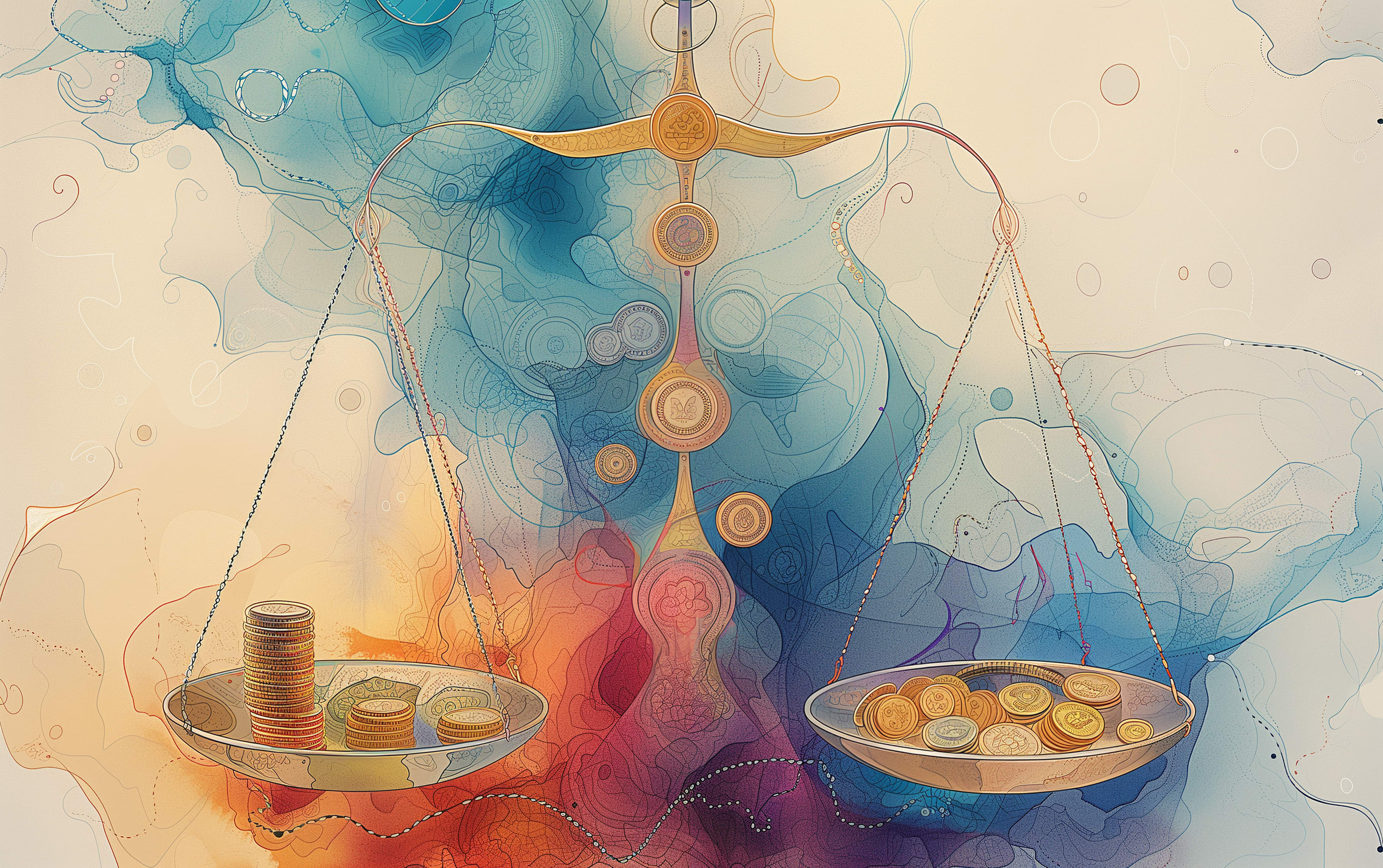
People often ask "Can you keep this confidential?" without really checking if the person has the skills to do so. Raemon argues we need to be more careful about how we handle confidential informationm, and have explicit conversations about privacy practices.

Sometimes your brilliant, hyperanalytical friends can accidentally crush your fragile new ideas before they have a chance to develop. Elizabeth shares a strategy she uses to get them to chill out and vibe on new ideas for a bit before dissecting them.

Heated, tense arguments can often be unproductive and unpleasant. Neither side feels heard, and they are often working desperately to defend something they feel is very important. Ruby explores this problem and some solutions.

You've probably heard the advice "to be a good listener, reflect back what people tell you." Ben Kuhn argues this is cargo cult advice that misses the point. The real key to good listening is intense curiosity about the details of the other person's situation.

When tackling difficult, open-ended research questions, it's easy to get stuck. In addition to vices like openmindedness and self-criticality, Holden recommends "vices" like laziness, impatience, hubris and self-preservation as antidotes. This post explores the techniques that have worked well for him.

There's a supercharged version of the bystander effect where someone claims they'll do a task, but then quietly fails to follow through. This leaves others thinking the task is being handled when it's not. To prevent that, we should try to loudly announce when we're giving up on tasks we've taken on, rather than quietly fading away. And we should appreciate it when others do the same.
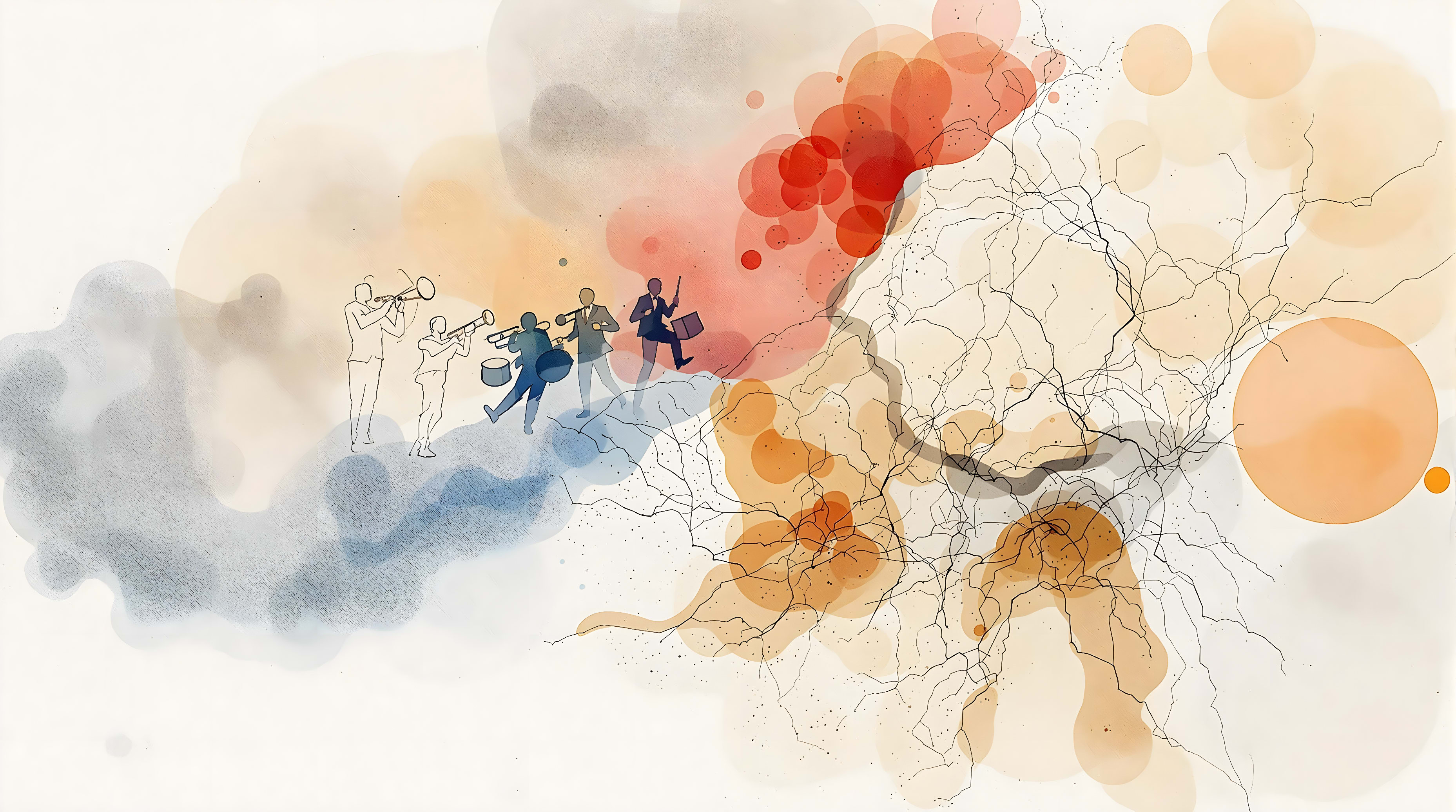
Most advice on reading scientific papers focuses on evaluating individual claims. But what if you want to build a deeper "gears-level" understanding of a system? John Wentworth offers advice on how to read papers to build such models, including focusing on boring details, reading broadly, and looking for mediating variables.

Karen Pryor's "Don't Shoot the Dog" applies behavioral psychology to training animals and people. Julia reads it as a parenting book, and shares key insights about reinforcing good behavior, avoiding accidentally rewarding bad behavior, and why clicker training works so well.

Holden shares his step-by-step process for forming opinions on a topic, developing and refining hypotheses, and ultimately arriving at a nuanced view - all while focusing on writing rather than just passively consuming information.

Many of us are held back by mental patterns that compare reality to imaginary "shoulds". PJ Eby explains how to recognize this pattern and start to get free of it.

Limerence (aka "falling in love") wrecks havoc on your rationality. Evolution gave us capacity for reason, but also it built in massive hardcoded overrides for situations where no fuck you your brain is not for building rocketships and new abstract theories, your brain is for producing children and entangling yourself with a partner long enough to raise them.
Forget this at your peril.

Do you pass the "onion test" for honesty? If people get to know you better over time, do they find out new things, but not be shocked by the *types* of information that were hidden? A framework for thinking about personal (and institutional) honesty.
